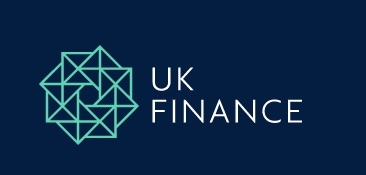Criminals are exploiting the Coronavirus pandemic by fuelling a big rise in online fraud, according to the latest figures from UK Finance.
Losses to investment scams rose by 27% to £55.2m in the first half of 2020, the largest increase of any scam type.
Fraudsters are harvesting customers’ personal and financial details through phishing emails and smishing text messages impersonating trusted organisations.
There is often a delay between the details being obtained and using them to commit fraud, so the full losses from Coronavirus-related scams are not likely to have yet been fully realised, according to the finance trade body.
According to UK Finance’s half-year fraud report, the financial services industry prevented £853m of attempted unauthorised fraud in the first half of the year, up 4% then the first half of 2019. This means that almost £7 in every £10 of attempted fraud was blocked.
Losses to unauthorised fraud fell by 8% in the first half of the year to £374.3m.
The figures suggest criminals have been turning away from more 'traditional' forms of fraud due to the impact of the pandemic.
Contactless card fraud fell by 20% to £8.2m, the first year-on-year decrease since this data started being collected in 2013. Cheque fraud losses also saw a significant fall of 78% to £6.4m.
A massive £207.8m was lost to authorised push payment (APP) fraud in the first half of 2020. APP fraud takes place when a customer is tricked into making a payment to another account that is controlled by a criminal. This is in line with losses in the same period last year.
APP fraud continues to be driven by the abuse of online platforms, including investment scams promoted on search engines and social media, fake goods listed on auction websites and criminals posing as would-be partners on online dating platforms.
UK Finance has also published separate figures for the second time on compensation for customers under the voluntary Code on APP fraud, introduced on 28 May 2019.
Consumers received £47.9m in compensation in cases assessed under the Code in the first half of this year. This accounted for 38% of the losses in cases assessed under the Code.
Compensation rates were higher for more sophisticated scams and those involving higher sums of money.
Katy Worobec, managing director of economic crime at UK Finance, said: “Criminals have ruthlessly adapted to this pandemic with scams exploiting the rise in people working from home and spending time online. These range from investment scams promoted on social media and search engines to the use of phishing emails and fake websites to harvest people’s data.
“The voluntary code, developed by the banking industry alongside consumer groups, has led to more victims being reimbursed particularly for higher value and more sophisticated scams. However, it is now clear that the voluntary code is not delivering consistent outcomes and that new legislation is needed."

